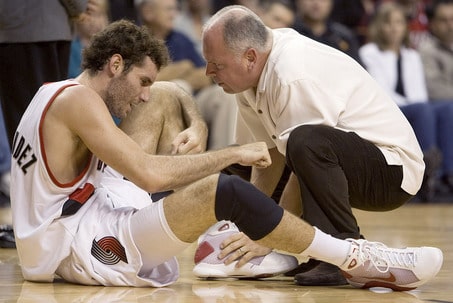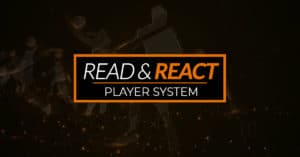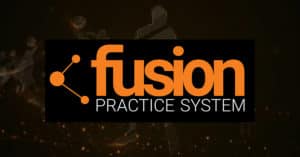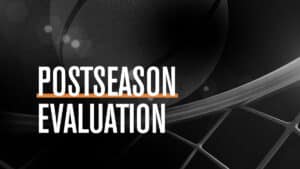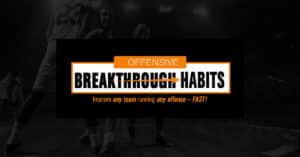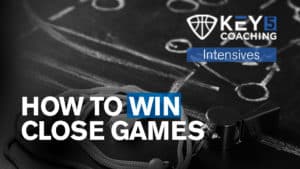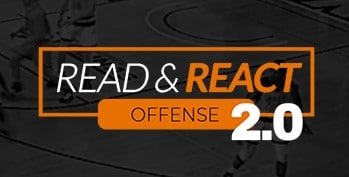The following article is written by Spencer Wood.
How many coaches across the country ask the following question?…
I have an athlete who suffered an injury that will most likely keep them sidelined for most of next season. How can I keep them upbeat, involved and engaged throughout the year?
At times, injury can mirror some of the psychological stages of grief, involving a myriad of emotions such as sadness, frustration, and anger, in addition to occasional ‘bargaining’ thoughts that may tempt the athlete to seek short cuts to get back to competition before he/she is ready. Of course, for some time now we have all been aware of the research that suggests the mind does not heal like the body, and just like there is a physical rehabilitation process that is essential to sound healing, there are some mental processes that facilitate healing the psychological damage that injury can cause. Three effective tips include:
- Provide the athlete with examples of notable ‘star’ athletes in their respective sport who not only overcame a similar injury, but continued on to actually show improved performance throughout their career. It is critical to maintain the athlete’s confidence that they will most likely make a full recovery (if the licensed medical professionals working with the athlete believe they will recover), and this confidence should be maintained throughout the healing process. As the saying goes “An athlete will never consistently out perform their self-belief system.” This is particularly important for the types of injuries that really restrict movement in the early stages, such as a full ACL tear that can attack an athlete’s confidence and have the athlete thinking that he/she may never be able to run, jump or move like they used to again.
- Keep the athlete engaged with the team. Consider turning the athlete into a player-coach of sorts by giving him/her roles that are typically reserved for assistant coaches and graduate staff. Emphasize the importance of their current role both privately (with the athlete) and publicly. Many athletes feel a loss of group interaction when injured in the long term and sometimes retreat into a dangerous shell of isolation and depression.
- Help the athlete set new goals based on what they can do physically. Athletes with injured lower bodies have an opportunity (when released to do so by qualified medical personnel) to significantly improve strength, power and flexibility in their upper body (and the opposite is obviously true for upper body injuries). Athletes also have significantly more time to commit to their mental improvements, learning key composure exercises, mental toughness routines, imagery and coping mechanisms that they can employ in pressure situations when they do return to competitive action. In addition, athletes are also able to learn the game to a greater degree during this period of time. Their sport will look and flow differently from the sidelines, and it is critical that athletes take this time to develop additional perspectives on the strategic and tactical side of their sport that will serve them very well when they return to action. Help them to understand this new perspective as you talk them through certain coaching decisions, and reinforce the important improvements they are making in the process.
[divider]

